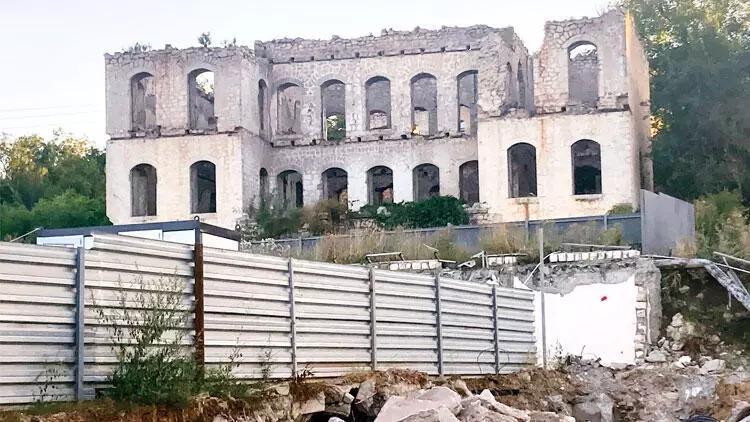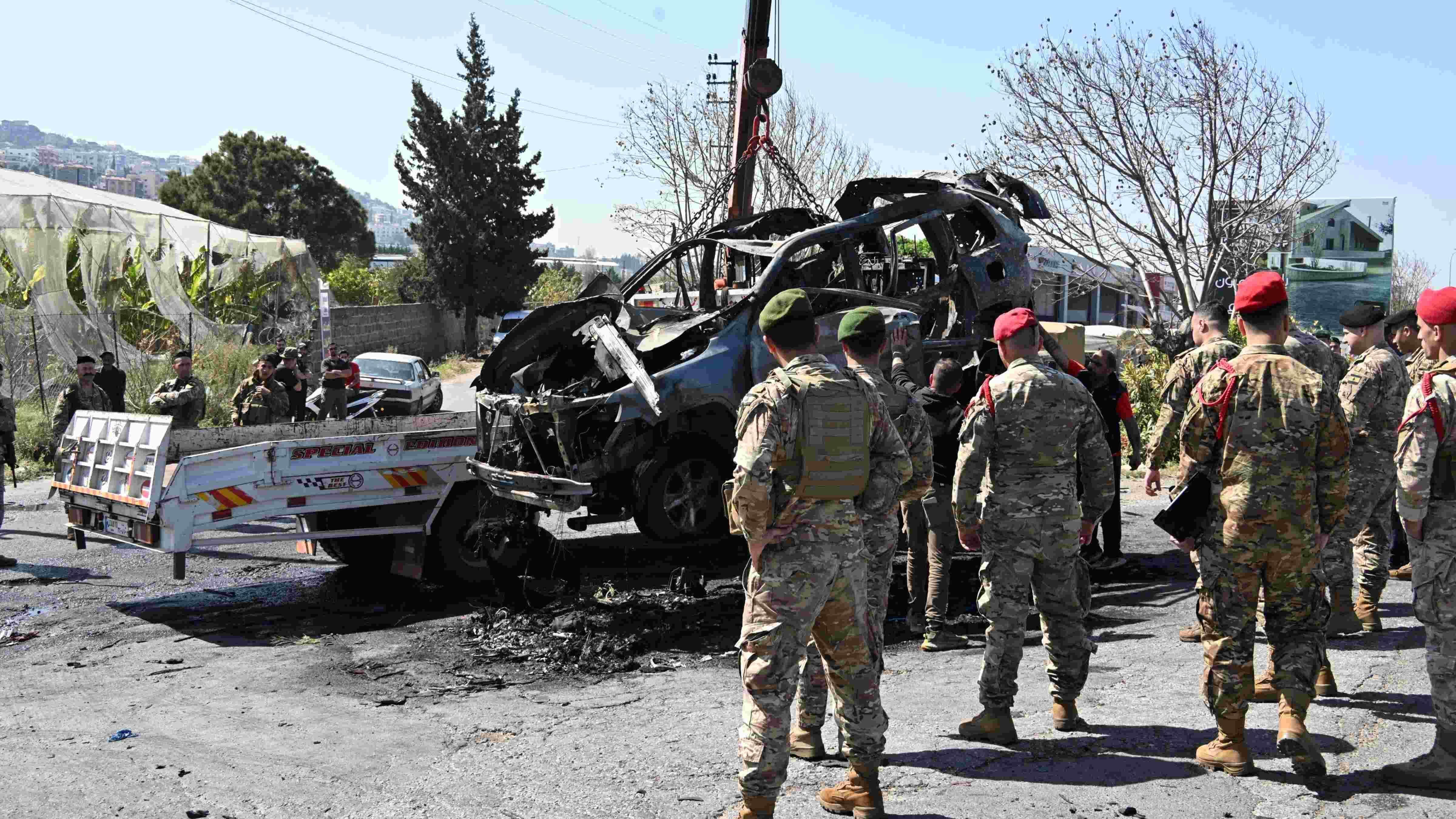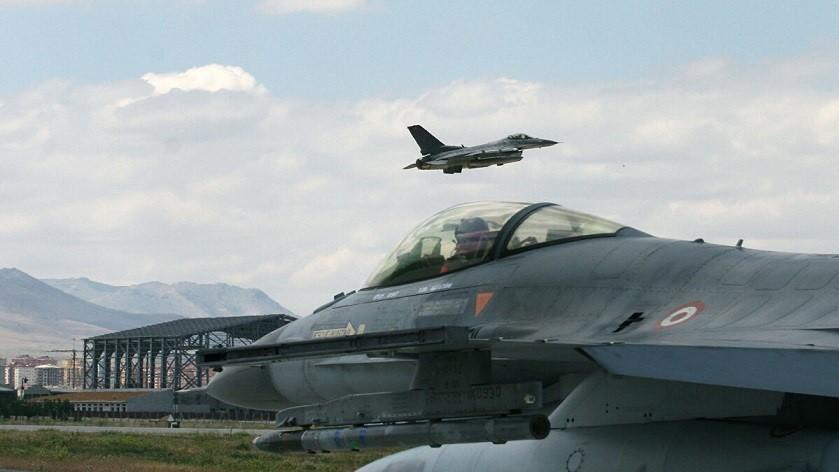Shusha set to reopen for settlement
Fevzi Kızılkoyun - SHUSHA

The city of Shusha in Nagorno-Karabakh, which Azerbaijan liberated from Armenian occupation three years ago, will soon be opened to civilian settlement, as feverish works are also being undertaken for the restoration of the historical structures.
Occupied by Armenia on May 8, 1992, Shusha was liberated by Azerbaijan on Nov. 8, 2020. Efforts are now in progress to facilitate the return of Azerbaijani families forced to flee Armenian oppression 30 years ago.
For the return of the families, 23 buildings with 450 apartments will be completed within two months. The foundations of 17 buildings with 238 apartments have also been laid. After the completion of their houses, 500 Azerbaijani families will return to Shusha by the end of this year.
Due to its dominant geographical position in the region, Shusha, often referred to as the "eye" of Nagorno-Karabakh, is also working to erase the scars of war from its millennia-old structures.
In Shusha, a city of historical monuments and the birthplace of distinguished scholars and cultural figures, 190 historical assets are being renovated in accordance with their origin.
Semaye Memedov, an Azerbaijani state official who is in charge of Shusha, noted that during Armenia's occupation, all historical structures in the city were destroyed or left in ruins.
"We have documented the records of the destroyed and dilapidated historical artifacts in Shusha. We have begun their reconstruction in accordance with their originals. Shusha will soon regain its status as a cultural and artistic hub," she stated.
In the meantime, a commission of prosecutors is actively investigating Armenia's mass killings during its 1992 occupation of Karabakh.
Speaking to Daily Hürriyet, Azerbaijan's Military Prosecutor Emin Tagiyev stated that in their efforts, including Shusha and the Fuzuli region, they have uncovered remains of 480 individuals in mass graves.
Stating that during the first Karabakh War, 3,890 Azerbaijanis went missing, Tagiyev noted that following the recent Azerbaijani victory in Karabakh, they are continuing to uncover the traces of these missing individuals in the liberated cities.
"We determine the identities by comparing the DNA of the found individuals with the DNA samples we collect from the families of the missing persons. The numerous mass graves we have discovered demonstrate Armenia's mass killings during that period. Armenia committed crimes against humanity. It committed international war crimes. It engaged in a mass massacre of our people. We are preparing files on Armenia's genocide and massacres. We will take this to international courts of law," Tagiyev explained.
Meanwhile, on Aug. 16, the Turkish Ihlas News Agency reported that as a result of excavations carried out between Aug. 1 and 15 in the sewage pit of Shusha Prison, the researchers discovered a mass grave containing the bones of 17 Azerbaijanis who were killed after being captured by Armenian soldiers.
















